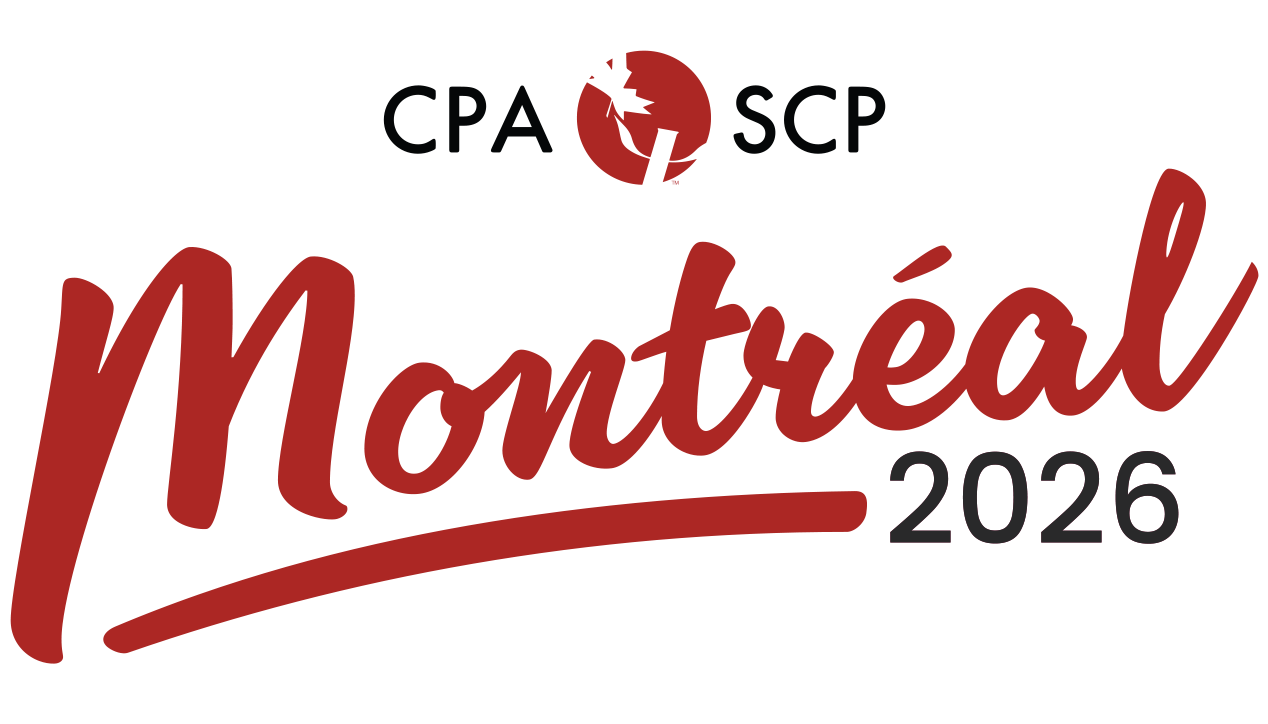Psychology, as an academic discipline and a science is about 150 years old. The change in recognition as a science came about at a time when the enlightenment era was in full bloom. The enlightenment era can be interpreted as a rebellion by the ‘commoners’ against the church and the divine rule of kings. The church and the monarchs were the educated: they knew how to read and write, and they were the ones with libraries. The ‘commoners’ rebellion was the age of reason….’we don’t need those libraries: we can come to know anything and everything through pure reasons.’ the notion of pure reason as a source of knowledge is, of course, based on the interpretive template for reality structuring carried around and embodied by ‘western thought’. (I use ‘western thought only because it is the dominant interpretive template at the present time but it is losing its power and impact) a different culture like Blackfoot has a different interpretive template and a different reality structuring process. Western psychological practitioners cannot simply come from the frame of mind that a human is a human is human. There are big differences depending on the cultural aspects of the interpretive template. To be effective, western psychology, as a science, must be aware of the different interpretive templates of different cultures.
As one of Canada’s most respected Indigenous academic voices, Dr. Leroy Little Bear was made an Officer of the Order of Canada in 2019, received the University of Lethbridge Ingrid Speaker Research Medal in 2017, was awarded the Alberta Order of Excellence in 2016 and holds honorary doctorates from the University of Lethbridge and the University of Northern British Columbia. He is also an honorary Eminent Scholar at Red Crow Community College. Little Bear holds a Juris Doctor from the University of Utah, a BA from the University of Lethbridge, and an Associate Arts Degree in Forestry from Wenatchee Valley College.
Little Bear has been a mentor and consultant on Indigenous matters at local, provincial, national and international levels, and helped establish the Native American Studies program at the U of L. His writings and work have greatly influenced legal and policy realms including the United Nations Declaration on the Rights of Indigenous Peoples, the re-establishment of the Blackfoot Confederacy and the First Nations Buffalo Treaty. He is the author of several esteemed publications and was the first Indigenous person to be quoted by the Supreme Court of Canada. Little Bear was born and raised on the Blood Reserve (Kainai First Nation) west of Lethbridge.


Recent Comments